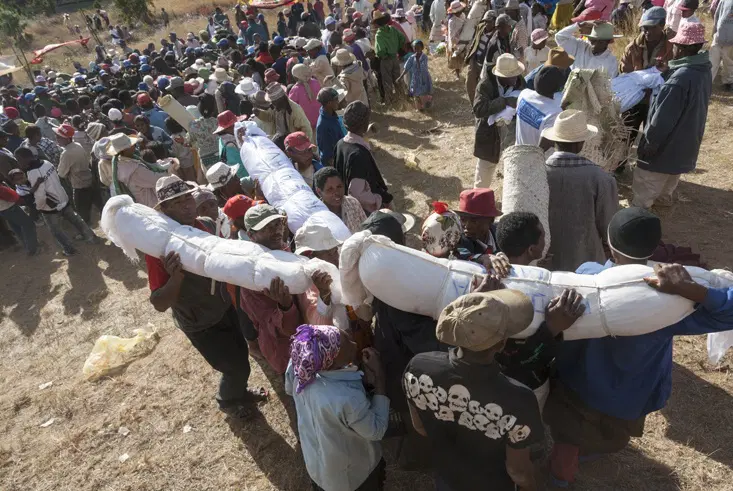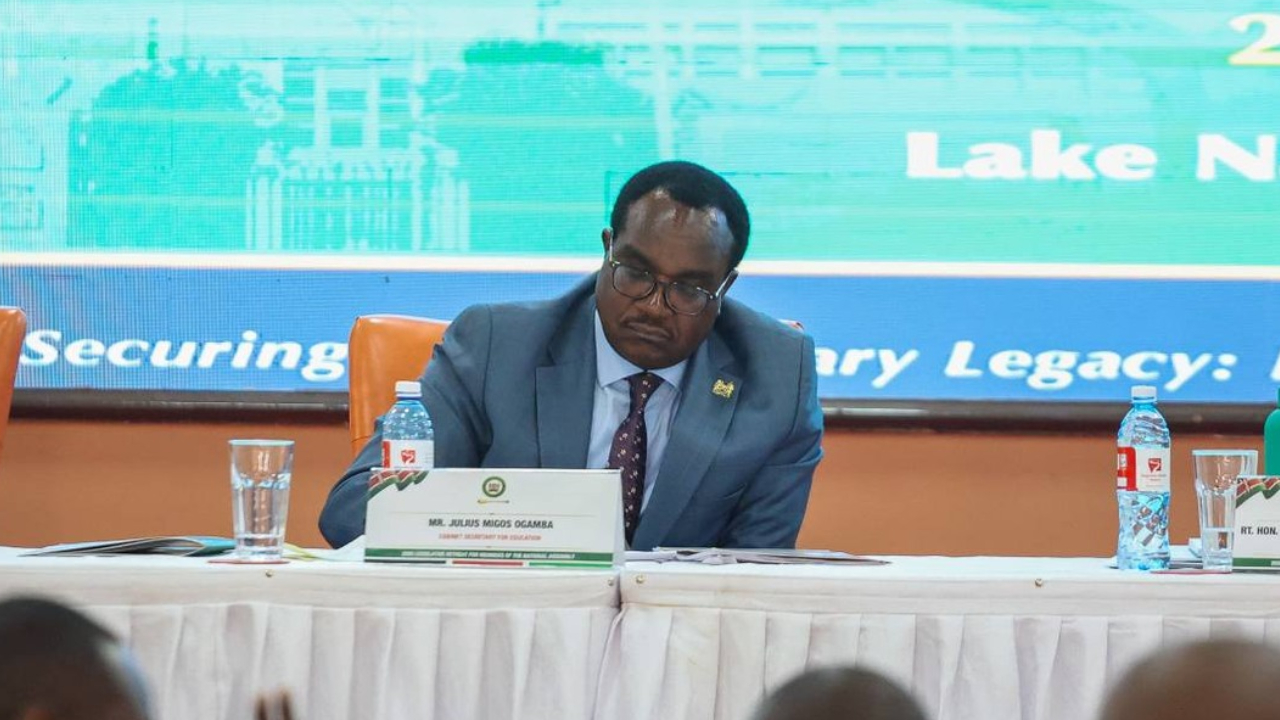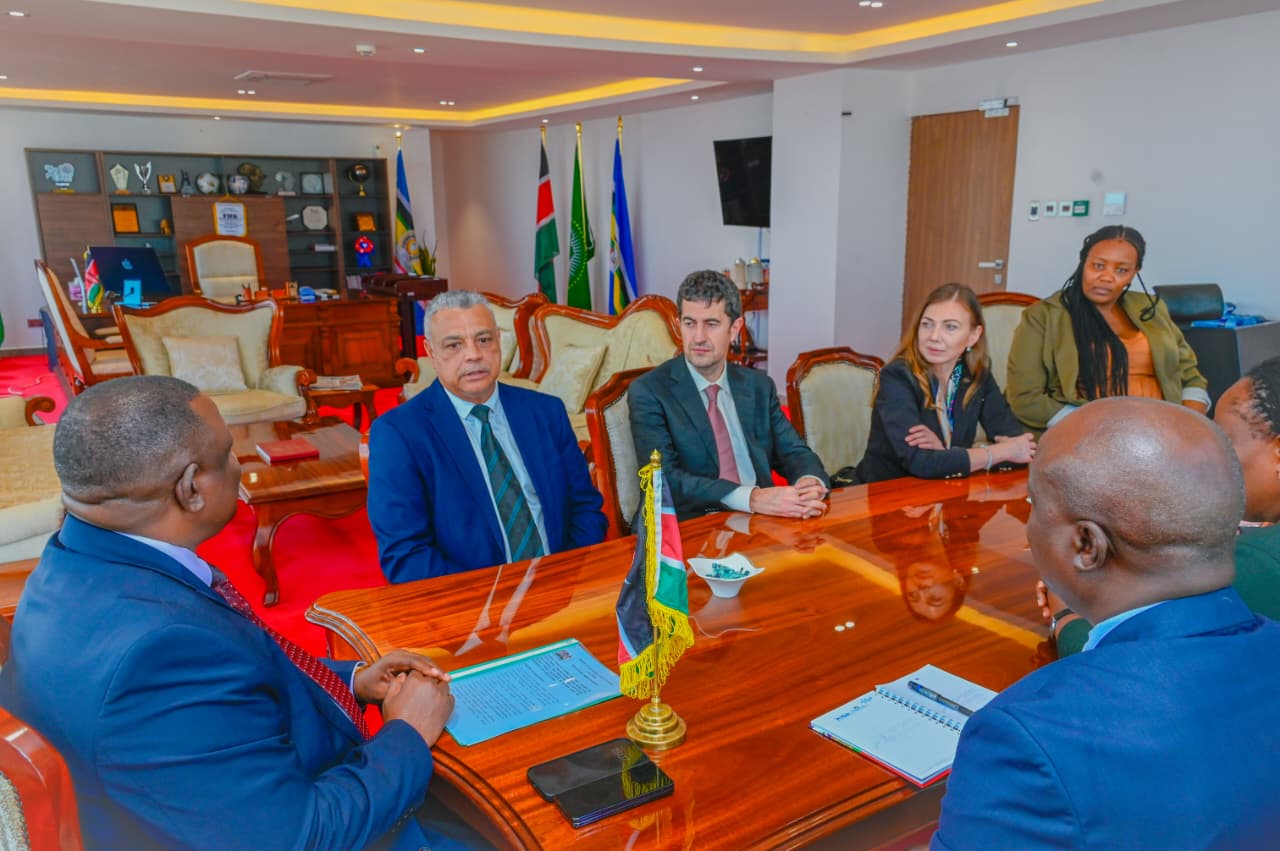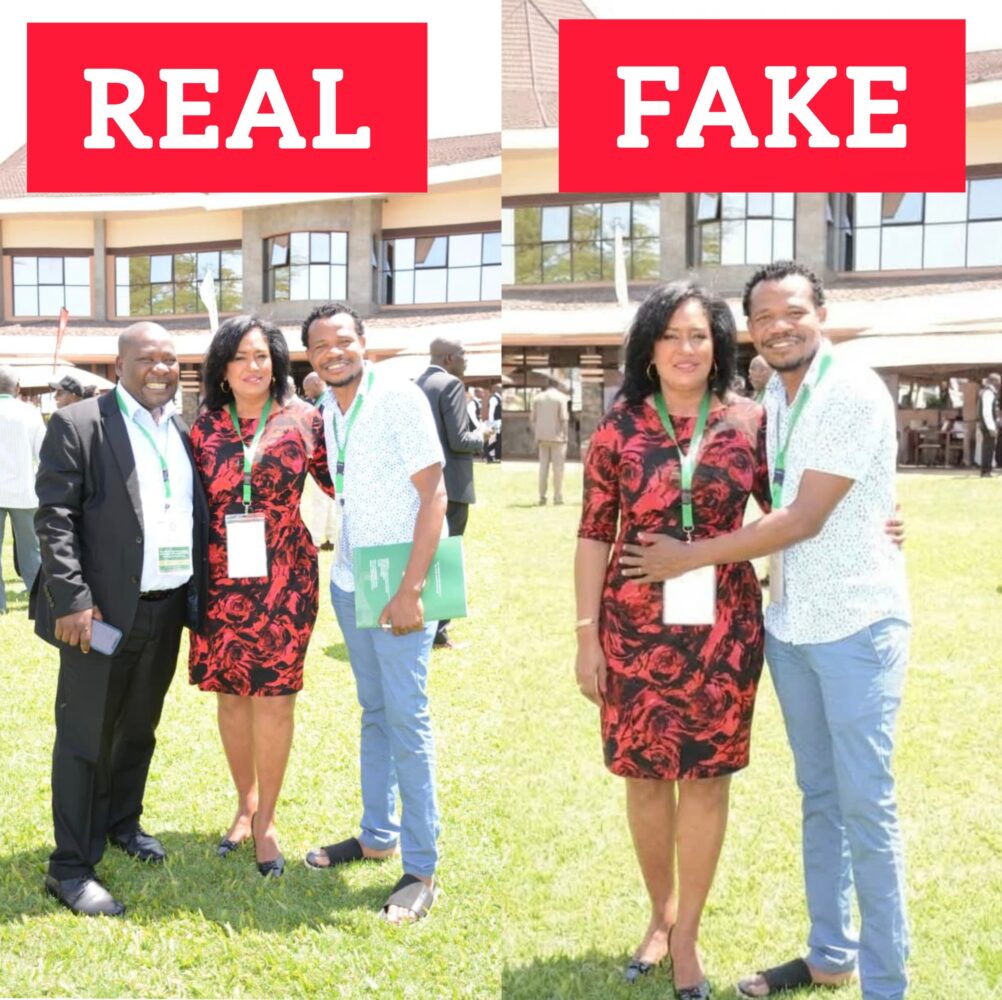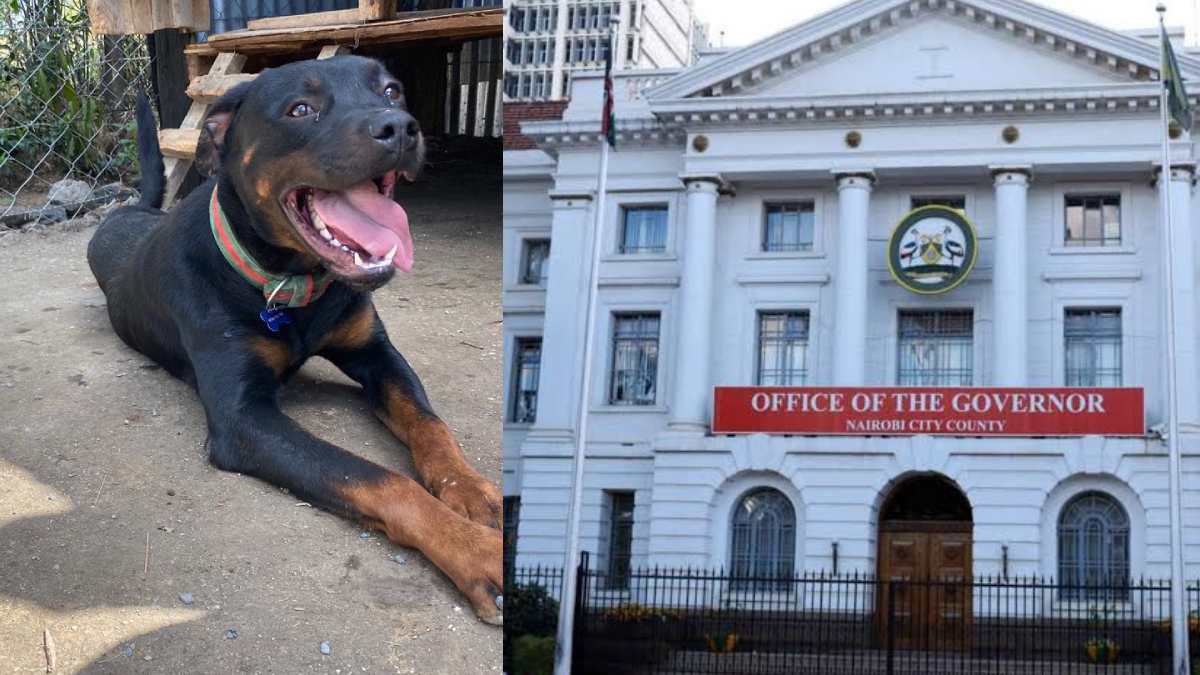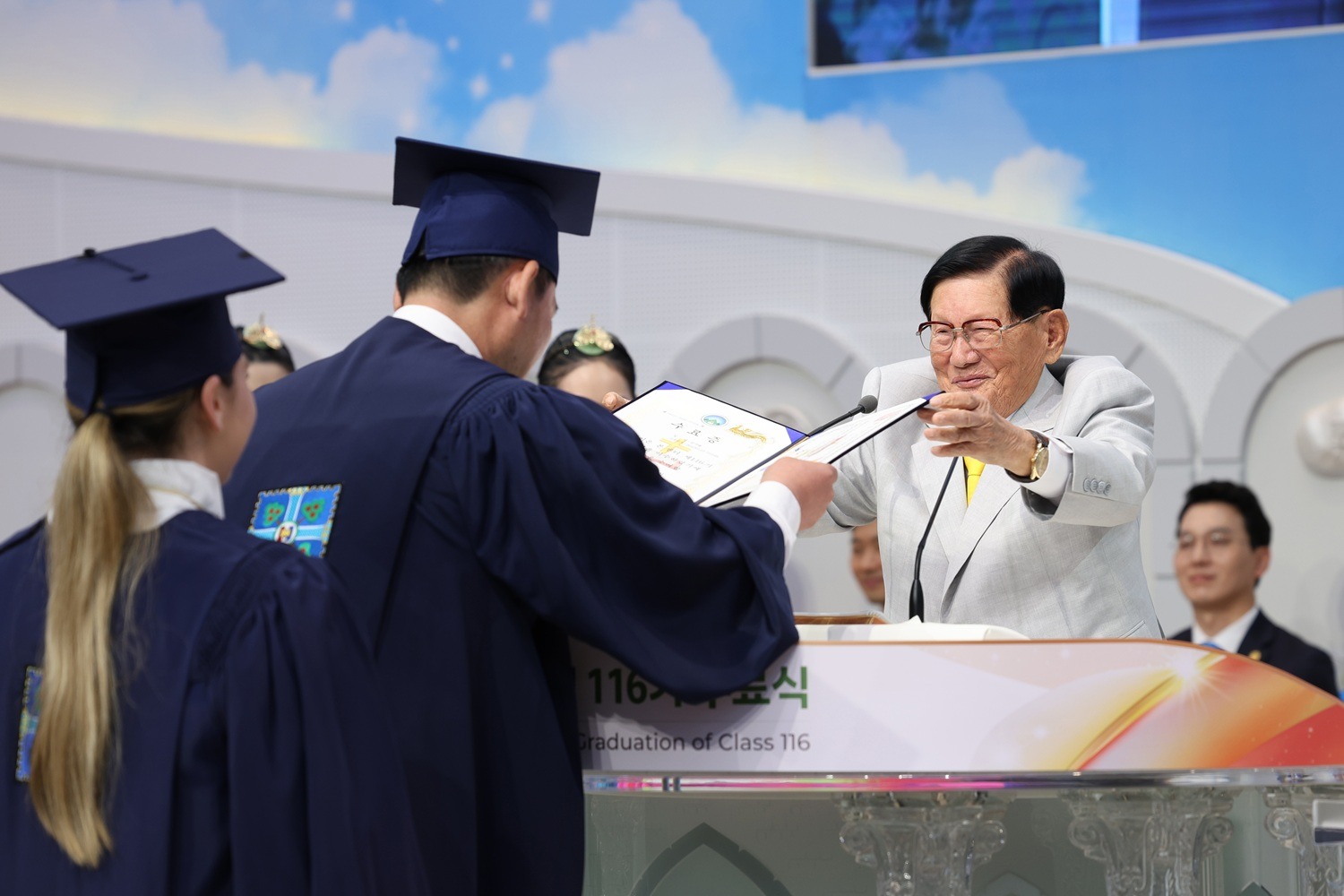Imagine unearthing your ancestors’ remains, rewrapping them in a fresh silk shroud, and dancing with them to the beat of drums and laughter.
This is not some kind of fantasy, it is a reality in Madagascar.
Famadihana, or turning of the bones, is a unique family celebration held in honor of dead relatives in Madagascar.
Locals believe that the dead do not move on to the ‘next life’ immediately and in fact remain in the land of the living until their bodies have completely decomposed.
“There are only two classes in the society, the living and the ancestors. So, dead bodies that have not yet been exhumed for the first time are neither a part of the living nor the ancestors,” anthropologist Dr Miora Mamphionona told CNN.
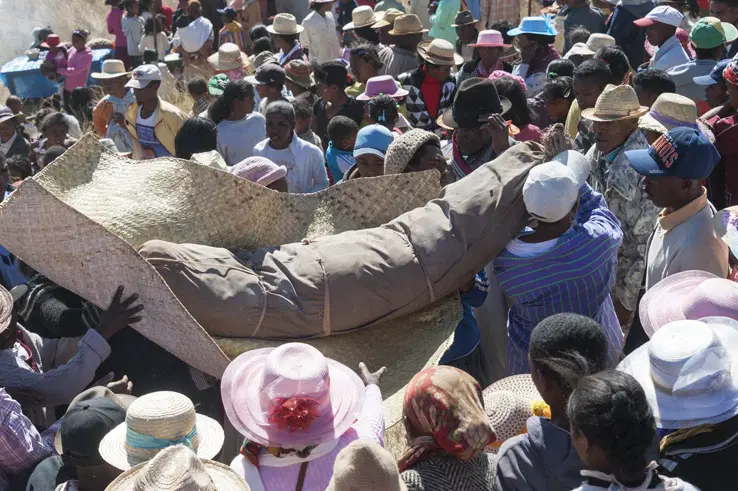
Once in every five to seven years, the process of Famidihana starts when an ancestral spirit appears to a senior family member.
Thereafter, a traditional astrologer, known as an Ombiasy, consults the zodiac to determine the day to open and close the tomb.
Guests and relatives then travel for miles to attend the 2 day celebration, normally bringing donations in form of money or alcohol.
The locals take the forefathers’ bones out of the crypts, clean and redress them into new silk shrouds, and dance with their remains before returning them to their graves.
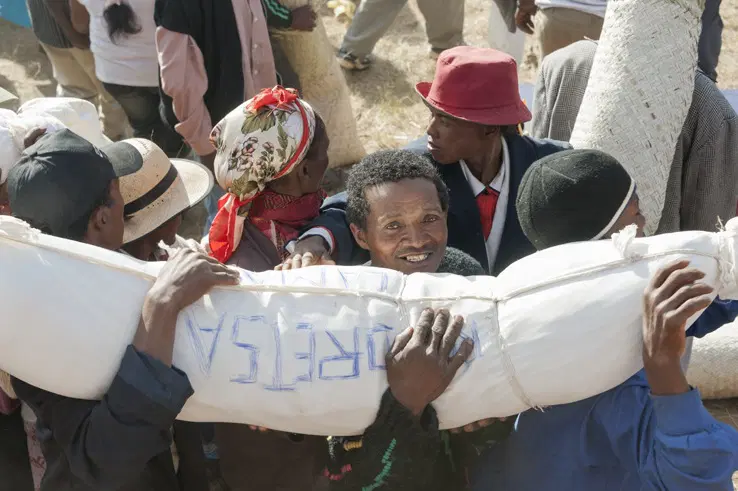
The families also take time to speak to the bones of their ancestors. This is seen as an opportunity to update them on family news, share important milestones, and seek guidance or blessings.
It’s believed that the spirits of the deceased are not fully at peace until they have undergone Famadihana multiple times, strengthening the connection between generations.
After the celebration, the rewrapped remains are returned to their tomb in a specific, respectful manner, marking the end of the ceremony.
“The first time the deceased is removed from the tomb it should be led feet first. But once the Famidihana is complete the bones should be returned headfirst because the bones are considered to be living in a new world, as ancestors,” says Mamphionona.


